Scuba diving unlocks an extraordinary world beneath the waves, from submerged caves and shipwrecks to kaleidoscopic reefs inhabited by curious creatures.
Europe might not be the first region that comes to mind when people think about learning to dive, yet the continent offers an exceptional mix of warm Mediterranean waters, rugged Atlantic coasts, tranquil inland lakes, and rich underwater ecosystems.
Whether you’re a beginner looking for shallow waters or an experienced diver wanting to explore deeper dives, Europe has something for everyone.
This article will explore the best spots to learn scuba diving in Europe, helping you find the perfect destination to begin your underwater journey.
We’ll examine factors such as water temperature, diving conditions, accessibility, and marine life to give you a comprehensive guide to dive locations.
Malta – The Mediterranean Jewel
Why Malta is Ideal for Beginners:
Malta has become one of the most popular destinations for beginner divers.
It’s known for its crystal-clear waters, warm temperatures, and numerous shallow dive sites.
The water temperature in the summer hovers around 25°C, which makes diving comfortable year-round.
The island also offers excellent shore access, meaning divers can start their adventures directly from the beach without needing a boat trip.
Marine Life and Dive Sites:
Malta boasts over 50 dive sites, including wrecks, caves, and reefs.
A favorite among divers is the Blue Hole, a stunning rock formation near Gozo, known for its clear waters and vibrant marine life.
You’ll encounter colorful fish, octopuses, and even the occasional turtle.
Unique Insight:
The island’s historical shipwrecks, such as the MV Xlendi, offer a unique opportunity for wreck diving, combining historical intrigue with underwater exploration.
Malta's accessibility and ideal diving conditions make it a great learning ground for new divers.

The Canary Islands – Year-Round Diving Paradise
Why the Canary Islands are Perfect for Learning to Dive:
The Canary Islands offer ideal diving conditions throughout the year.
With warm waters averaging between 19°C and 25°C, these islands provide a consistent environment for both novice and seasoned divers.
The sea around these islands is rich with life, making it a top destination for beginners who want to encounter a variety of marine species early on.
Marine Life and Dive Sites:
Tenerife, Gran Canaria, and Lanzarote are all prime diving spots, with abundant fish, rays, and even whale sightings.
The Cueva de los Verdes in Lanzarote is a particularly stunning site, with volcanic caves offering a surreal diving experience.
For beginners, the shallow waters of Los Cristianos in Tenerife are perfect for training and certification.
Unique Insight:
The warm waters of the Canary Islands, along with the availability of PADI-certified dive schools, make it a go-to destination for divers from around the globe.
The islands’ volcanic topography also gives a unique underwater experience, with both reefs and caves to explore.
Recommended: Top 6 Best Underwater Scooters Under $600
The Azores – Diving Between Continents
Why the Azores Are a Hidden Gem for Diving:
Located in the middle of the Atlantic Ocean, the Azores are a group of islands that provide unique diving conditions.
These volcanic islands offer dives between the Eurasian and North American tectonic plates, making the Azores an intriguing destination for divers interested in geology.
Marine Life and Dive Sites:
The diving in the Azores is diverse, ranging from the wrecks of the Dori and Liberdade, which are great for beginners, to the more challenging deep-water dives off the island of Pico, where divers can encounter giant mantas and even sperm whales during certain times of the year.
Unique Insight:
The Azores are renowned for their crystal-clear waters and rich marine biodiversity.
The relatively low temperatures of 14°C to 18°C make the Azores ideal for diving during summer, but proper wet-suit protection is necessary for colder months.
Greece – Dive into History
Why Greece is Ideal for Beginner Divers:
With over 13,000 kilometers of coastline and countless islands, Greece offers diverse diving environments, from warm Mediterranean waters to tranquil bays perfect for training.
Whether you’re in Crete, Rhodes, or Santorini, you’ll find clear, warm waters and a rich history of underwater ruins that makes Greece a prime location to dive.
Marine Life and Dive Sites:
Greece is famous for its ancient underwater ruins, with sites such as the Antikythera Shipwreck offering a dive back in time.
Beginners can also explore shallow reefs and rocky coastlines teeming with marine life, including groupers, snappers, and sea turtles.

Unique Insight:
Greece’s combination of clear water, historical wrecks, and abundant marine life makes it an extraordinary place to learn to dive while simultaneously soaking in its cultural heritage.
It's a place where history and diving meet, offering an immersive experience that is both educational and exciting.
Croatia – A Beginner’s Dream on the Adriatic
Why Croatia Is Great for Novices:
Croatia’s location along the Adriatic Sea makes it a fantastic diving spot.
The sea is calm, clear, and warm, offering perfect conditions for beginner divers.
The Pakleni Islands near Hvar and Dubrovnik are particularly known for their shallow, vibrant dive sites that are ideal for beginners.
Marine Life and Dive Sites:
Croatia offers diverse marine environments with underwater caves, shipwrecks, and lively reefs.
The waters are home to a wide variety of species, including the endangered Mediterranean monk seal.
The Blue Grotto on the island of Bisevo is another highlight for divers seeking to explore natural underwater formations.
Unique Insight:
Croatia’s clear waters, accessibility to dive schools, and relatively low-cost diving courses make it a popular choice among beginner divers.
The Croatian coastline provides a fantastic mix of diving experiences, with something for everyone, from shallow reef dives to exploring underwater caves.
Conclusion
Choosing the best place to learn scuba diving in Europe comes down to several factors—water temperature, marine life, dive conditions, and accessibility. Each of the destinations mentioned offers something unique, whether it’s the clear Mediterranean waters of Malta, the historical dive sites of Greece, or the volcanic formations of the Azores.
For beginners, Malta, the Canary Islands, and Greece offer the perfect conditions—warm waters, great visibility, and easy access to dive sites. Meanwhile, destinations like the Azores and Croatia cater to those who are looking for a mix of adventure and tranquility.
No matter where you choose to dive, Europe offers a variety of top-tier scuba diving experiences. Whether you are a seasoned diver or taking your first plunge, the continent is full of underwater wonders waiting to be explored.
Quick Takeaways
-
Malta is known for its crystal-clear waters and over 50 dive sites, making it an ideal location for beginners.
-
The Canary Islands offer consistent water temperatures year-round, with popular sites in Tenerife and Lanzarote.
-
The Azores offer a unique diving experience between tectonic plates, with abundant marine life and pristine waters.
-
Greece offers historical underwater ruins and shallow reefs, perfect for beginners looking for a cultural dive experience.
-
Croatia provides accessible, shallow dive sites along its Adriatic coastline, featuring vibrant reefs and underwater caves.
FAQs
Q:What is the best time of year to learn scuba diving in Europe?
The best time for beginners to dive in Europe is from late spring to early autumn (May–October). During this period, water temperatures are warmer, and visibility is at its best.
Q:Is scuba diving in Europe suitable for beginners?
Yes, many European destinations, such as Malta, Greece, and the Canary Islands, offer beginner-friendly dive sites, with clear waters, shallow dive spots, and professional dive instructors.
Q:How much does it cost to learn scuba diving in Europe?
Prices for scuba diving courses in Europe typically range from €300 to €500 for a basic certification course, depending on the location and dive school.
Q:Are there age restrictions for learning scuba diving?
Most dive schools allow participants from the age of 10 and above to take beginner courses. However, some locations may have specific age requirements, so it’s best to check with the dive school.
Q:Do I need to be a strong swimmer to learn scuba diving?
While you don’t need to be an expert swimmer, basic swimming skills and comfort in the water are necessary for safety during a scuba diving course.
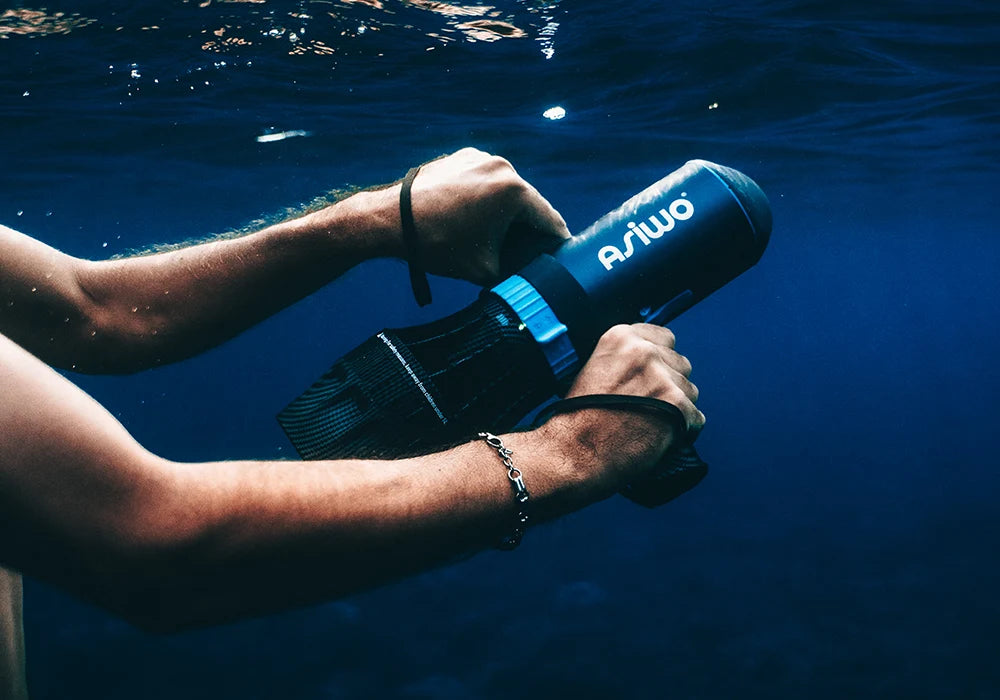




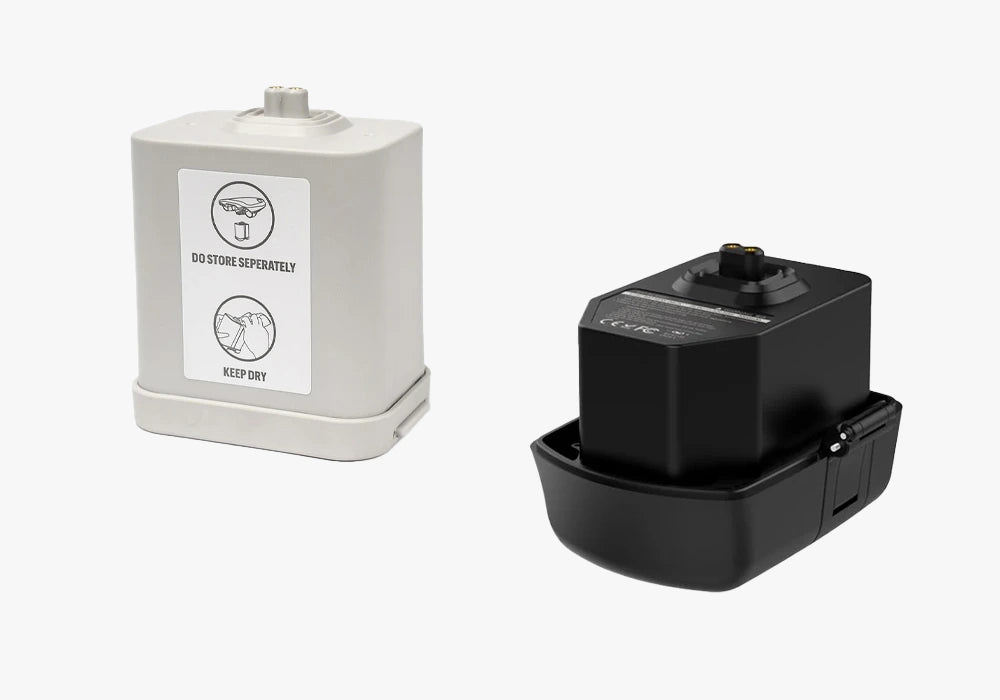




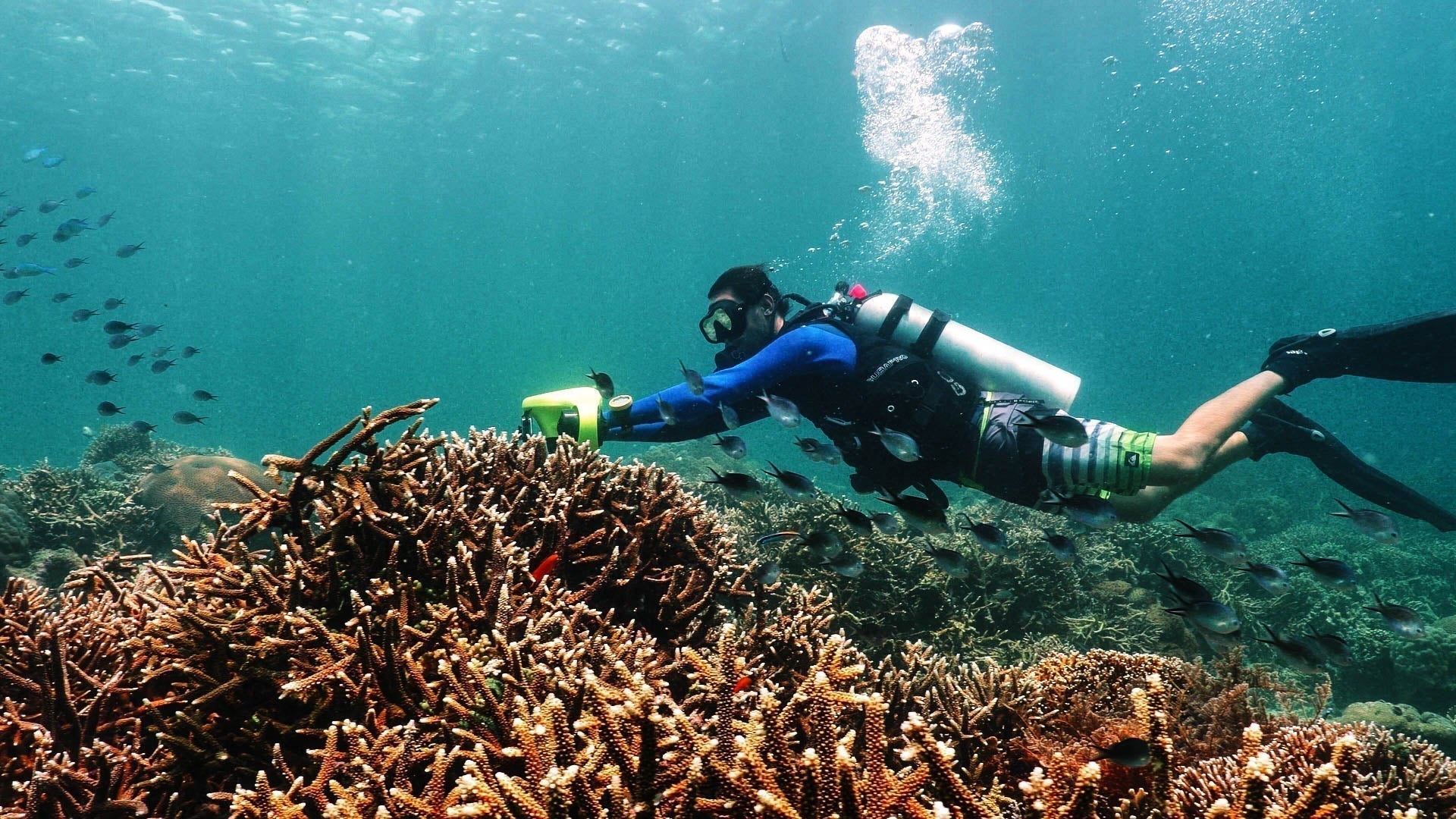
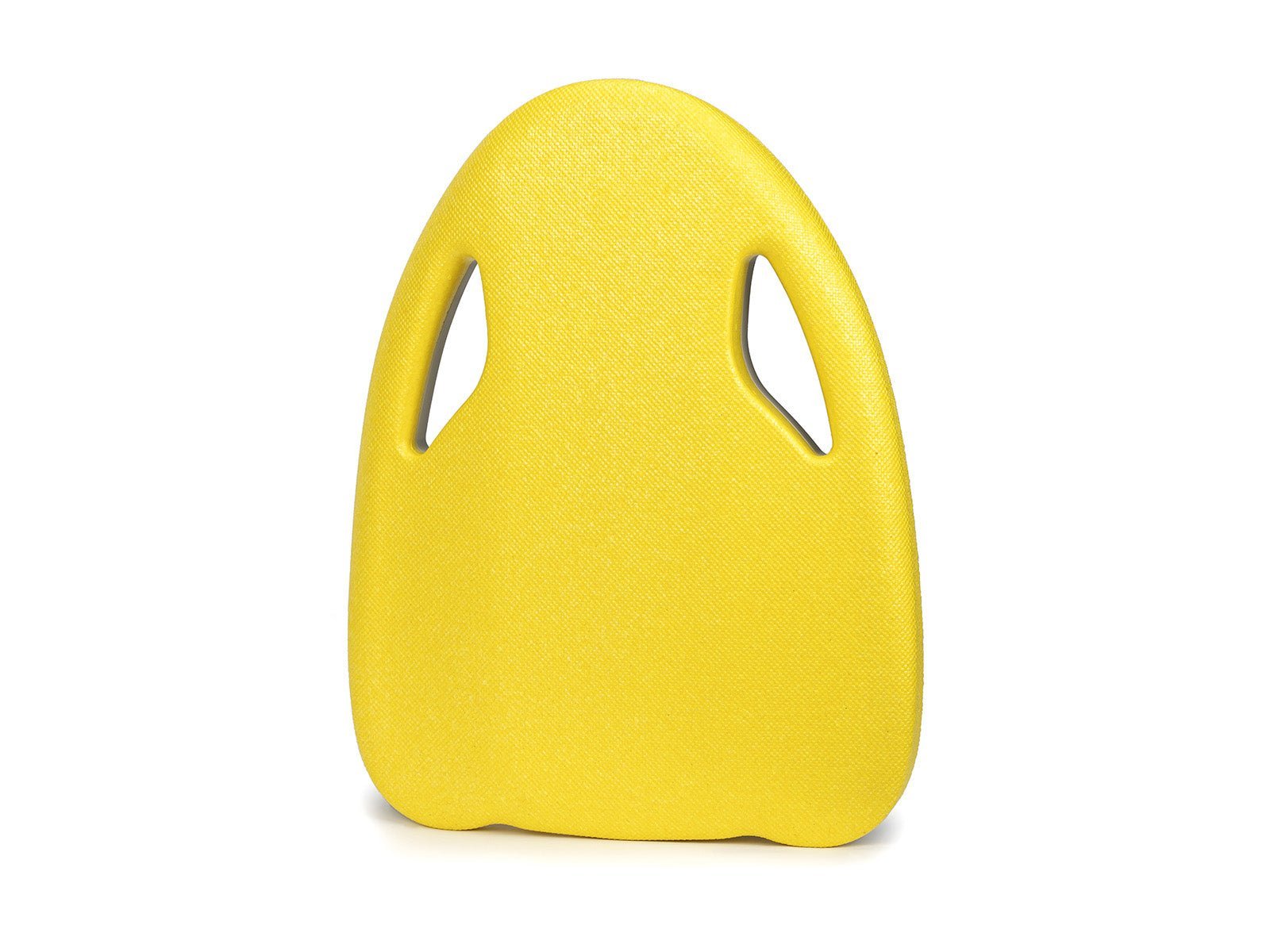
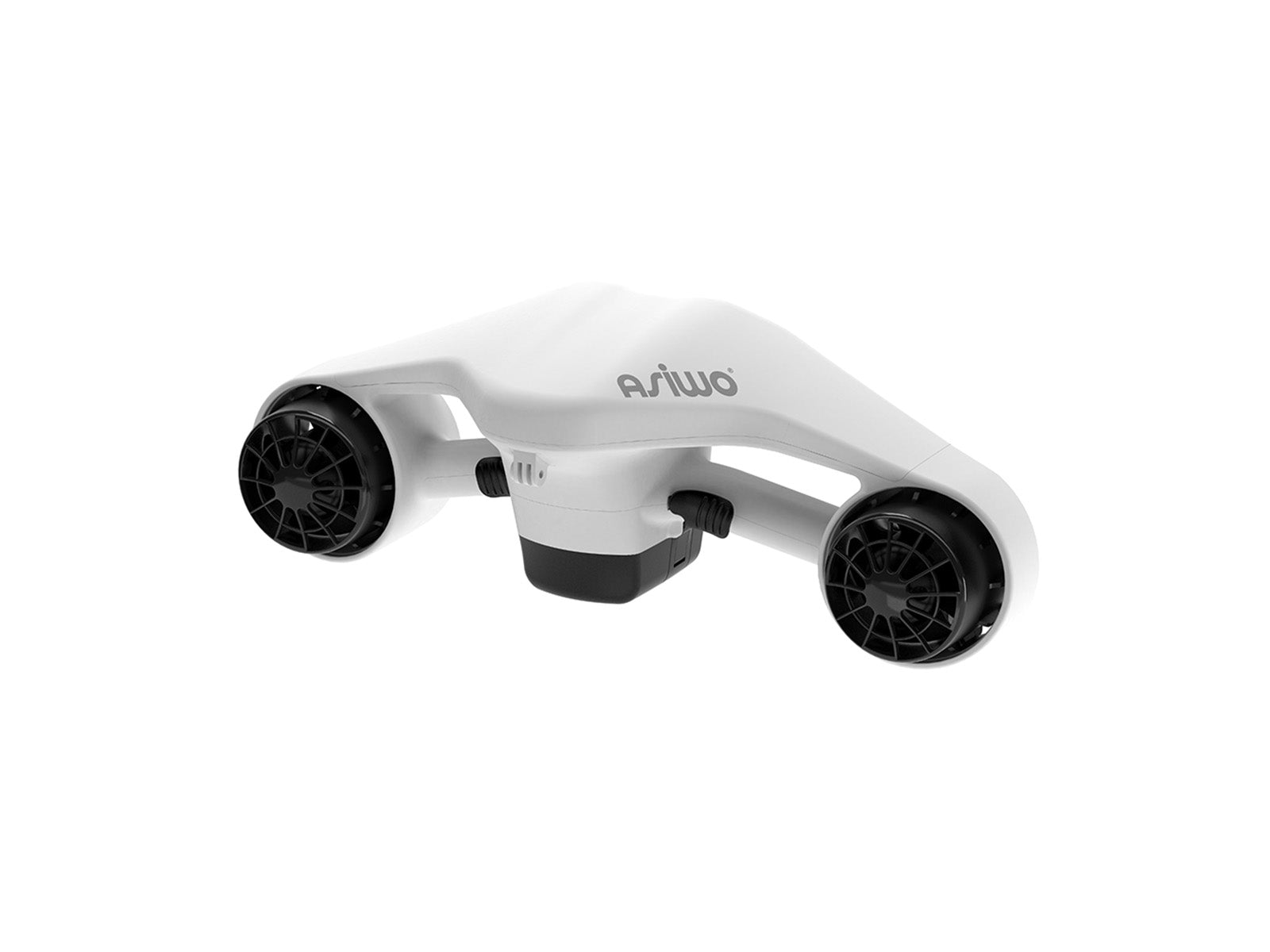
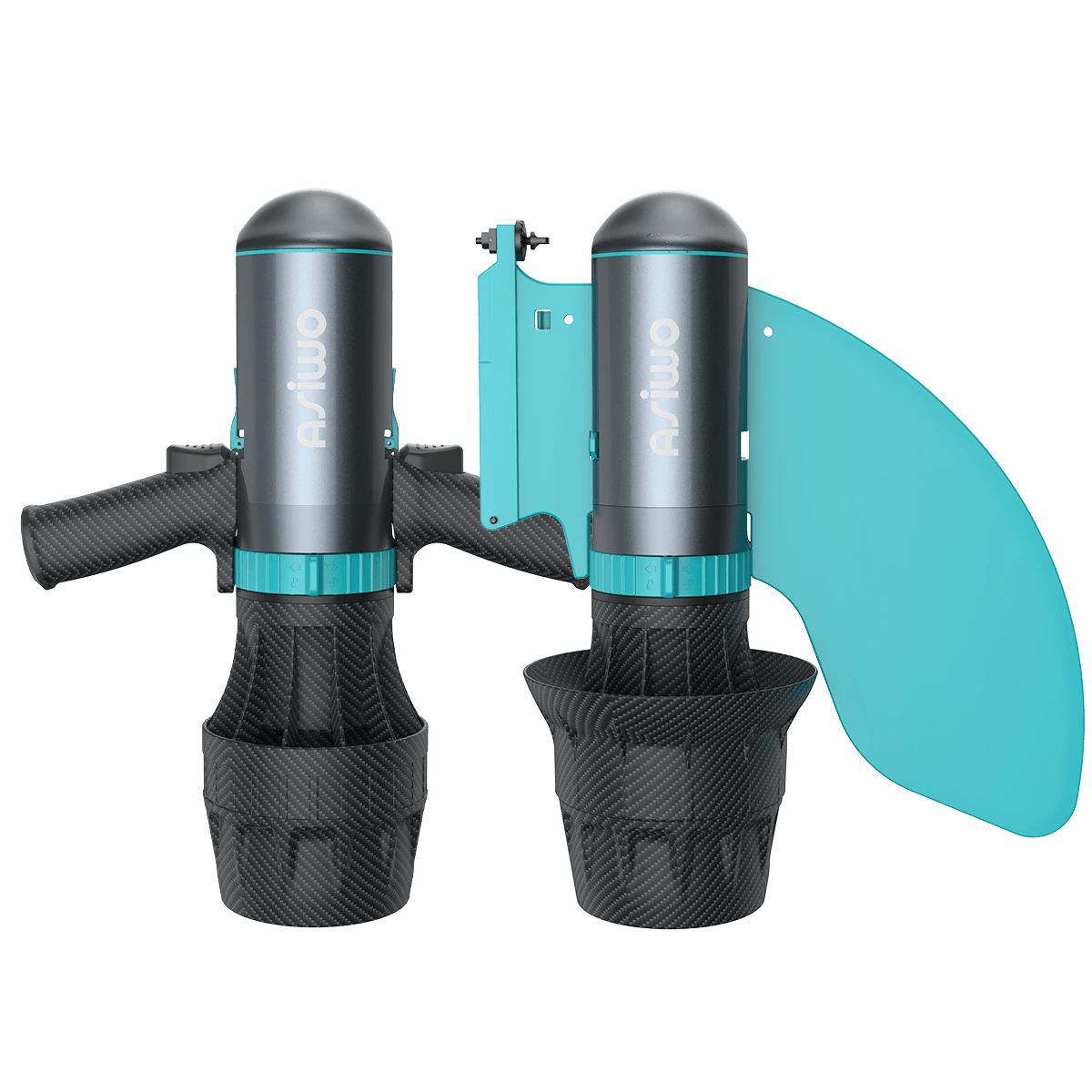




Laissez un commentaire